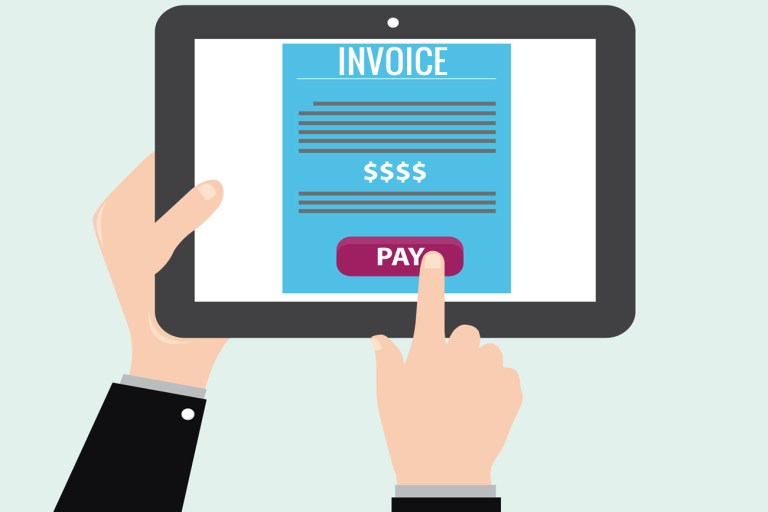The accounts payable department for any organization has a long continuum, reaching across the initial purchasing process to invoices to payments. And the heavy lift associated with supporting those processes ranges from manpower hours to real monetary expenses.
But why?
MineralTree, which offers an invoice and payments processing platform, sheds new light on these issues in a recent white paper titled “The Landscape of Tech Around Accounts Payable.” These insights were taken from their work with thousands of middle market companies across a variety of industry segments.
One key to wasted efforts comes as core AP functions are done largely through redundant and manual processes, which tend to be paper-based and at times lack proper internal controls. Inefficiency in turn leads to missed opportunities such as supplier discounts and there is even the possibility of losing sight of proper cash flow controls. On occasion, said MineralTree, the lack of proper cash flow control can mean that vendors are paid late or paid on multiple occasions for the same work. Lax controls also open the door to online fraud.
Fortunately, MineralTree said, there are new, technology-driven solutions that can take much of the guesswork and manual tedium and human error out of the equation, centered chiefly through automated invoice payments.
However, said the firm, most solutions providers have technology in place that addresses only one area, or step, in the AP process, which implies that end-to-end solutions have to be cobbled together from disparate pieces.
Advertisement: Scroll to Continue
Key and immediate considerations include the affordability of a practical AP solution, with an eye on the size of the business and the scale. Small and mid-sized businesses, said MineralTree, have different thresholds here than, say, an established enterprise, even while experiencing strong growth.
Security is a strong top-of-mind concern as well. Any solution, said MineralTree, must effectively curtail risk tied to fraud and errors made internally. Any technology solution must dovetail well with existing processes, with minimal disruption and integration efforts.
There are several major types of AP solutions, said the research, and a few among them are as follows.
Invoice Workflow
MineralTree said that a wide range of the solutions that are “positioned as invoice to pay automation solutions are in fact invoice workflow solutions.” Efficient invoice handling is critical, with costly consequences should processing fall through the cracks. Invoice processing is only one link in the chain, however. Of particular urgency is tracking payments after they are sent out. After all, having efficient invoice capture but then completing the process through manual and paper-based activity seems a mixed solution.
Document Management: Storing documents electronically.
This is the trend that brings documentation toward the digital age. The elimination of paper- based record keeping remains an overarching goal. The reduced storage requirements lead to greater workplace efficiency.
Payment Execution
The ability to manage cash flow is only as strong as the ability to send payments in the first place. Invoices, after being captured and approved, still need to be paid, of course. Integrated payables solutions, said MineralTree, can extend across accounting systems to printing and mailing checks to facilitating electronic payments. However, noted the firm, these automated solutions tend to be geared toward larger enterprises, with payment volumes a key concern.
End-to-End Invoice-to-Pay Solutions
Firms must ensure that the end-to-end solutions they do implement have easy integration with accounting systems – and can be put in place with minimal effort. If not, there’s the danger, MineralTree noted, of having parallel systems, which would be hugely inefficient.
One type of platform that MineralTree has warned against: intermediary clearing accounts, where payments sent to vendors are first debited from accounts and then are sent to a third party. But that fund flow means that payments take longer to reach vendors and there could also be complications with bank reconciliation. MineralTree instead recommended that payments be made directly from a firm’s bank account to ensure minimal delays.
Finally, questions that firms should ask when choosing an invoice payment solution include: asking whether the technology is comprehensive; whether it is affordable; whether it is secure; whether it is ready for the cloud; and how much time and money can be saved upon implementation.
To view the full report by MineralTree please click the download button below.






